Sir Chris Hoy says 'I will never forget the words it's incurable'
It is a little over two weeks since six-time Olympic cycling champion Sir Chris Hoy announced that his cancer was terminal.
It is a measure of the high regard in which the 48-year-old is held by the nation that the news prompted a near eight-fold increase in NHS searches for prostate cancer symptoms over the following days.
In his first TV interview since then, Sir Chris tells BBC Breakfast's Sally Nugent of the "absolute shock and horror" he felt at his initial diagnosis, the "nightmare" of learning wife Sarra had multiple sclerosis, and having to break the news to their two young children.
But he also speaks about how they are dealing with their situation, the outpouring of support they have received and - remarkably - how he is focusing on the positives and the good he hopes can come from it.
'I started to feel nauseous, I was green in the face' – the diagnosis
Image source, Getty Images
Image caption,Sir Chris Hoy retired from professional cycling in 2013
"It's been the toughest year of our lives so far by some stretch," says Sir Chris. The news that he had a terminal illness, in September 2023, came "completely out the blue".
"No symptoms, no warnings, nothing. All I had was a pain in my shoulder and a little bit of pain in my ribs."
He thought it was just aches and pains from working out in the gym. "But this ache and pain didn't go away.
"I assumed it was going to be tendonitis or something, and it was just going to be lay off weights or lay off cycling for a wee while and get some treatment and it'll be fine."
A scan revealed a tumour. "It was the biggest shock of my life. I remember the feeling of just absolute horror and shock.
"I just basically walked back in a daze. I couldn't believe the news and I was just trying to process it, I don't remember walking. I just remember sort of halfway home thinking 'where am I?' And then I was thinking 'how am I going to tell Sarra? What am I going to say?'."
Several scans and hospital appointments followed. It had spread. Secondary bone cancer from prostate cancer, he was told.
"I'd had zero symptoms, nothing to point me towards that that might be an issue. We were given the news that this was incurable.
"Suddenly, everything, all your thoughts, everything rushes. It's almost like your life is flashing before your eyes in that moment.
"It does feel like this isn't real. You feel that you want to get out, you feel like you're a caged animal, you want to get out of that consulting room and get away from the hospital and run away from it all.
"But you realise you can't outrun this, this is within you and this is just the first step of the process of acceptance."
'How are we going to tell the kids?' - cancer and chemotherapy
Sir Chris and Sarra have two children, Callum and Chloe, who were aged nine and six at the time. How would they break the news to them?
"That was the first thought in my head," Sir Chris says. "How on earth are we going to tell the kids? It's just this absolute horror, it is a waking nightmare, living nightmare.
"We just tried to be positive and tried to say do you know what, this is what we're doing and you can help because when I'm not feeling well, you can come and give me cuddles, you can be supportive, you can be happy, you can be kind to each other.
"I'm sure lots of families do it in different ways and I think there's no one right approach for anyone. There's no one-size-fits-all, but for us I think that was the best way to do it."
Sir Chris says chemotherapy "was one of the biggest challenges I've ever faced and gone through" at a time when he was "still reeling from the diagnosis" just a few weeks earlier.
He says he tried to focus on the positives and see it as "a good thing, we're here to try and to start punching back, this is going to be a positive fight against the cancer".
He "wasn’t fussed" about potentially losing his hair - though son Callum had some concerns.
"I think he was worried about what it would be like if I just suddenly turned up to pick him up at school with no hair and it might be a shock for him."
When it started, the chemotherapy was "excruciating".
"It's like torture basically. I wasn't ready for it, I didn't know how to cope with it, how to deal with it initially."
He used Callum, and his great uncle Andy, who had been a prisoner of war in Japan, as "motivating factors" to get through it and developed a strategy for coping with the two-hour treatment sessions. "Don't do it for two hours, do it for one minute. The strategy was just take it one step at a time, just deal with the next minute, just watch that seconds hand go round the clock.
"If you can do one more minute, that's all you need to do. And then when it gets round to the end of the minute, you do it again.
"I don't think we necessarily give ourselves enough credit for what we're able to deal with. It's only when you're in really difficult situations you find out what you're made of and what you can deal with.
"And it puts it into perspective riding bikes for a living, you realise 'God, that was just a bit of fun really', you know."
'It was the lowest point' - Sarra's diagnosis
Image source, Getty Images
Image caption,Sir Chris with wife Sarra at Wimbledon in 2024
Following a scan, wife Sarra learned in November 2023 she had multiple sclerosis, only sharing the news with her sister. "The strength of Sarra is unbelievable, she kept it to herself," Sir Chris explains.
"Throughout all of that she was there for me but didn't at any point crack. And it was really only in December that she said 'this is the news I've had'.
"That was the lowest point I think. That was the point where I suddenly thought 'what is going on?' I almost felt like saying OK stop, this is a dream, wake me up, this isn't real, this is a nightmare. You were already on the canvas and I just felt this, another punch when you're already down - it was like getting that kick on the floor.
"That was the bit where you think if you didn't have the kids, if you didn't have that purpose and the absolute need to keep getting out of bed every day and moving on, it would have been really difficult. But that's why you’re a team. You help each other.
"You worry about your family, you worry about people close to you. It's not where we thought we would be a year ago. That was the hardest point without question, that diagnosis.
"But we're pressing on, she's receiving treatment and she's doing well at the moment, and aren't we lucky that there's treatment for it? She has medicine she can take and I have medicine I can take. So we're lucky."
'I thought cycling was life or death but the stakes have changed'
Image source, Getty Images
Image caption,Sir Chris Hoy says the London 2012 Olympic Games were the culmination of his cycling career
In a storied cycling career, Edinburgh-born Sir Chris established himself as a British sporting icon. One of the country's most decorated Olympians, he won six gold medals across four Games. London 2012, he says "felt like it was the culmination of my whole career".
"The timing of everything was perfect. I was so lucky to have a home Olympics during my career and my lifetime. That moment when I walked on to the track and you knew that this is it. This is the final scene in the movie, this is kind of the culmination of all that hard work and that response from the crowd, the noise. It was something I'll never forget.
"I can bring those images back like that. You shut your eyes and you're back in that velodrome. We all have these moments in our lives. It's just wonderful to have these memories that you can look back on and it just becomes a bit more poignant over the last year, you look back on them with even more intensity.
"The stakes are much higher now. It felt like life and death in the moment when you were battling it out for an Olympic gold medal, but the stakes have changed dramatically and it is life and death.
"But the principle is the same, it's about focusing on what you have control over and not worrying about the stuff that you can't control.
"You don't just suddenly have a leap forward and one day you wake up and everything's OK. It takes time and you've got to be disciplined with how you approach it, and you've got to nip things in the bud before these negative thoughts start to take hold."
'It sounds crazy, but we're lucky' - looking to the future
Image source, Getty Images
Image caption,Sir Chris left a lasting legacy in cycling and now wants to make an impact in helping people fight cancer
When Sir Chris revealed his diagnosis last month, the public shock was seismic. Messages flowed from all walks of life, from Prime Minister Sir Keir Starmer and Scotland's first minister John Swinney to fellow sporting icons, such as Olympic cyclist and former Great Britain team-mate Sir Mark Cavendish.
The messages of support continue to pour in. Former England football captain David Beckham, Coldplay singer Chris Martin and another Scottish sporting superstar in Sir Andy Murray have all got in touch. "It's overwhelming," Sir Chris says.
And it is the awareness of what Sir Chris is going through that he hopes can deliver a life-saving legacy far beyond the Glasgow velodrome which bears his name.
For one, he is hoping his platform will help him persuade more men to take a prostate-specific antigen (PSA) blood test to check for cancer.
Both his grandfather and father have had prostate cancer, which is genetic but can affect anyone - one in eight men will have prostate cancer in their life at some point.
"If you've got family history of it like I have, if you're over the age of 45, go and ask your doctor. I've got a friend who, when I told him my news early on confidentially, he went and got a PSA test and it turned out he had cancer. He's had treatment and he's been given the all-clear."
He would like to see screening for men with a strong family history of prostate cancer start at an earlier age. "Catch it before you need to have any major treatment. To me it seems a no-brainer. Reduce the age, allow more men to just go in and get a blood test.
"Maybe people seeing this or hearing about my story - just by them asking their GP - will create enough of a surge of interest that people that make the decisions will go 'you know what, we need to address this'. And in the long term this will save potentially millions of lives."
An awareness-raising charity bike ride is planned for 2025 for people with stage four cancers. Sir Chris wants it to change perspectives and show "many people can still have very full and happy lives, and healthy lives, dealing with it".
"I'm not saying everybody's in the same boat but there's hope out there. Look at me now, six months on from finishing chemo and I'm riding my bike every day, I'm in the gym, I'm physically active, I'm not in pain. When people talk about battles with cancer, for me the biggest battle is between your ears.
"It's the mental struggle, it's the challenge to try and deal with these thoughts, deal with the implications of the news you're given. Your life is turned upside down with one sentence. You've walked in one person and you walk out as another person.
"When you hear terminal illness, terminal cancer, you just have this image in your head of what it is, what it's going to be like. And everybody's different, and not everybody is given the time that I've been given - and that's why I feel lucky. We genuinely feel lucky, as crazy as that might sound, because we've got the time."
He has used that time to write a book - All That Matters: My Toughest Race Yet - which is released this week, and says the process was "cathartic".
"I've hoped it's going to help other people, not just people who are going through a similar situation to me or families going through a similar situation, but for anyone in life to try and understand that no matter what challenges you're facing, you can get through them. And it doesn't mean that there's going to be a happy ending, I'm not delusional.
"I know what the end result will be. Nobody lives forever. Our time on this planet is finite. Don't waste your time worrying about stuff that isn't that important. Focus on the things that are important, focus on your family, the people in your life. Do that thing that you've always planned to do one day, why not do it today.
"My perspective on life has changed massively. I am more thankful, I'm more grateful for each day. It's been a tough year and it's going to be tough ahead in the future too but for now, right here right now, we're doing pretty well."
The full interview - Sir Chris Hoy: Finding Hope - will be shown on BBC One at 20:00 GMT on Tuesday, 5 November

 Movie
Movie 2 months ago
65
2 months ago
65 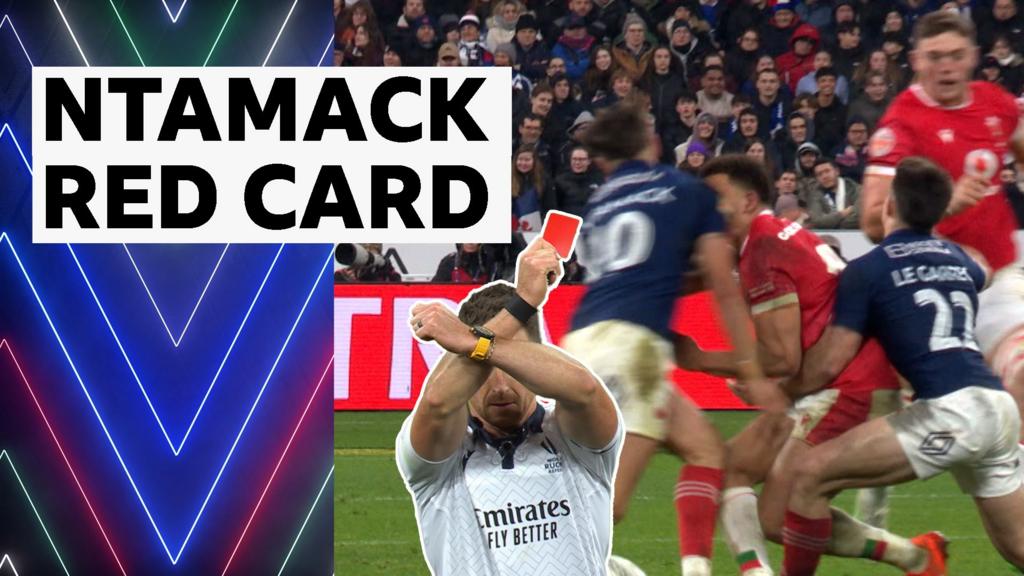
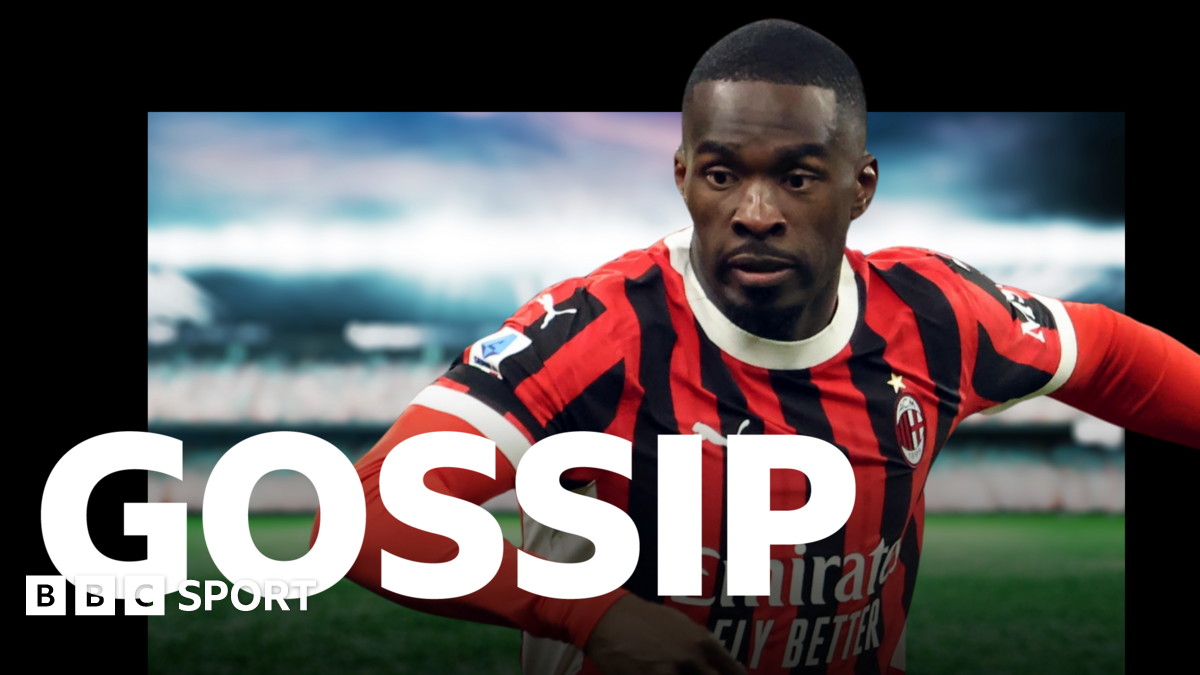
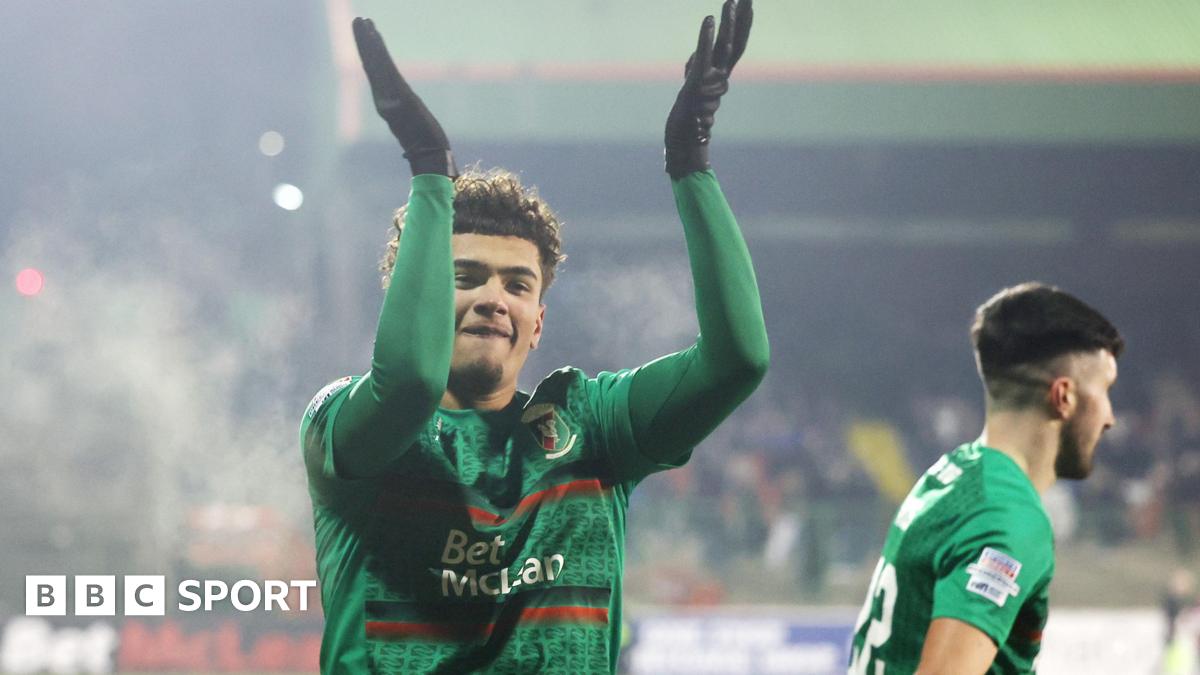
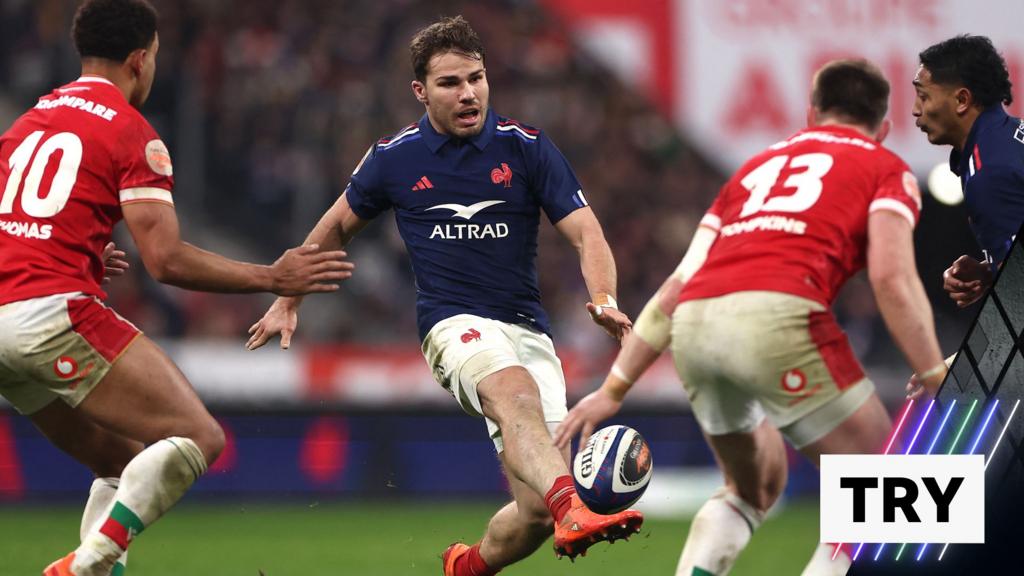
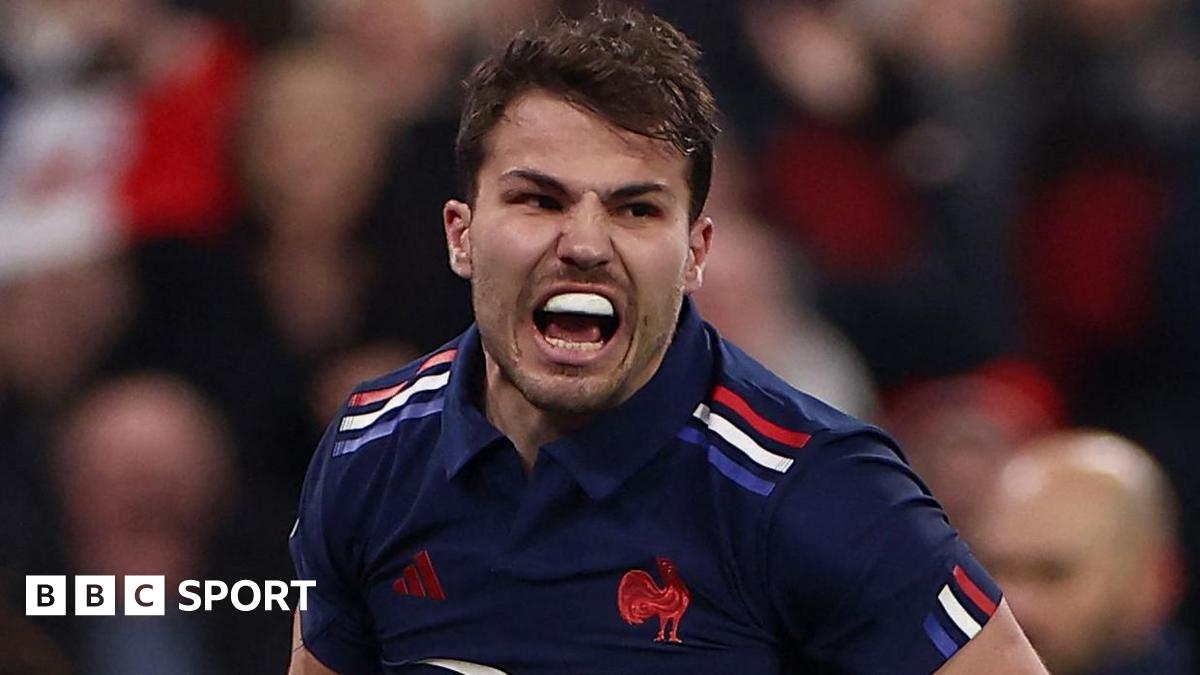


![Presidents Day Weekend Car Sales [2021 Edition] Presidents Day Weekend Car Sales [2021 Edition]](https://www.findthebestcarprice.com/wp-content/uploads/Presidents-Day-Weekend-car-sales.jpg)



 English (United States)
English (United States)